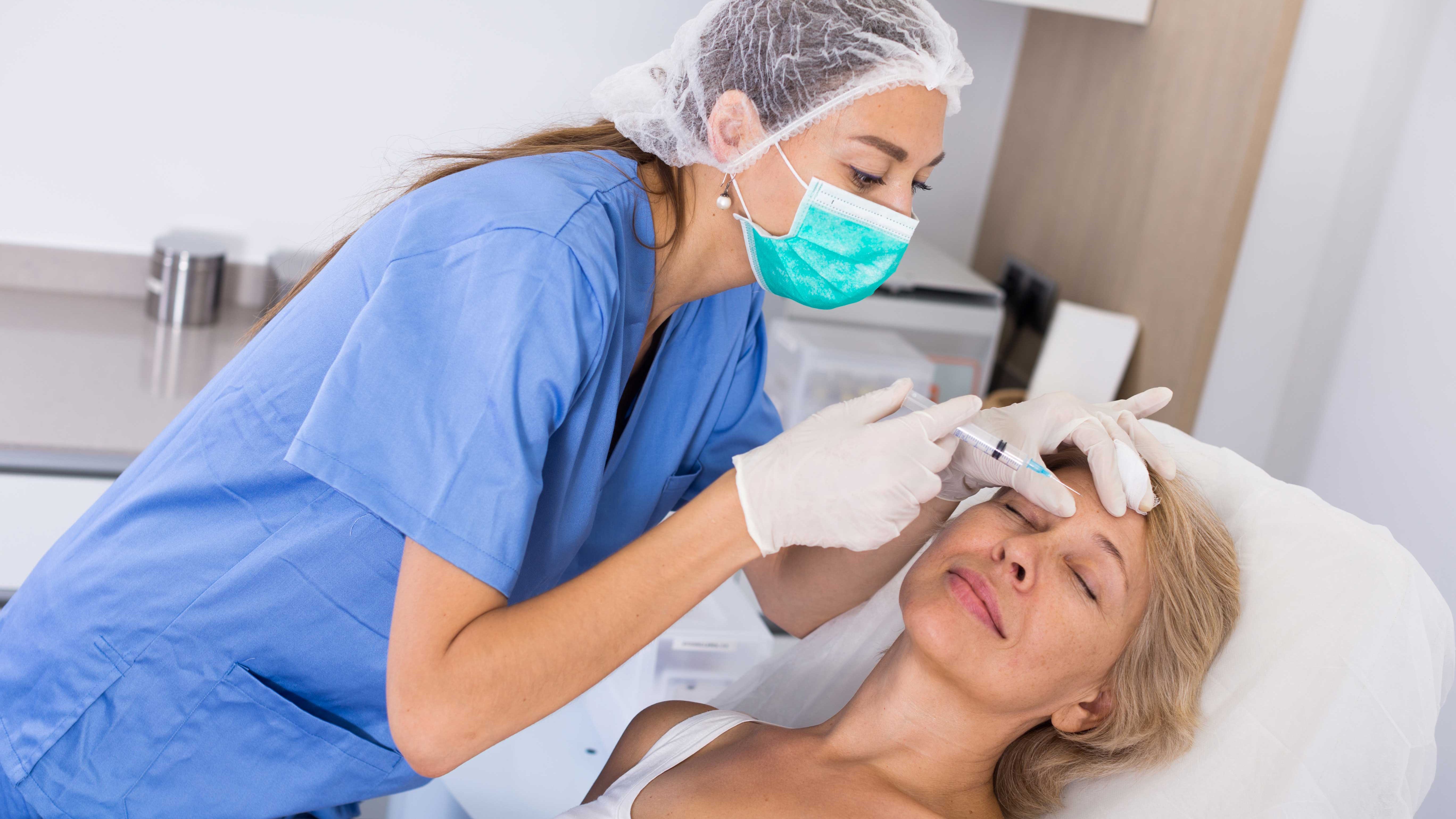 With the demand for facial aesthetics growing, Dentistry.co.uk caught up with Louise Pierre, to find out her motivation for pursuing education in this area, to add to her dental skillset.
With the demand for facial aesthetics growing, Dentistry.co.uk caught up with Louise Pierre, to find out her motivation for pursuing education in this area, to add to her dental skillset.
Dentistry.co.uk: When and why did you start doing facial aesthetics?
Louise Pierre (LP): It was always something I had an interest in, and my interest was further piqued in March 2018, after a friend went on a Botulinum Toxin Club (BTC) course offered by Dr Harry Singh. She told me how great the course was and that I needed to get into the field! She was right.
Dentistry.co.uk: How has it impacted upon your practice life?
LP: Facial aesthetics has provided me with so much more freedom and flexibility, not only do I do it in a dental practice setting, but I have a home clinic too. I can set my hours and days; now I can choose when I do dentistry.
On an emotional level, facial aesthetic patients actively want treatment and are excited and so the energy in the clinic is a lot lighter and more positive. Careerwise, it’s given me so many more opportunities and options than I previously had; there are so many potential avenues to go down.
Dentistry.co.uk: How many of your peers from dental school practise facial aesthetics?
LP: The number of people performing facial aesthetic treatments is definitely increasing and a few of my peers have trained in the field with BTC as a result of my recommendation. After 10 years in dentistry, like me, it can feel like you need to shake things up a bit. Also, when you’ve been in dentistry for a few years and seen the changes that have occurred, you can only imagine what the future may bring, so it’s good to add another string to your bow.
Dentistry.co.uk: How do you see facial aesthetics changing in the future, in relation to dentistry?
LP: I envision an upward trend in the desire for facial aesthetics amongst our patients in the future. I also predict that patients will be choosing the dental practice setting over salons etc, as they become more educated on the risks and skills involved and as the industry becomes more tightly regulated for non-medical professionals. Who better to come to than a dentist for facial aesthetic treatments? We are head and neck specialists, after all.
Dentistry.co.uk: How do you approach new discussions around facial aesthetics with your patients?
LP: The discussions always start with me informing the patient that it’s a service now being offered, and if they know anyone who might be interested then could they kindly pass my details on to them (in the form of a business card). If the patient then asks more questions, I am happy to answer them and discuss treatments further, but the key is not to force anything on to anyone or suggest treatments for patients.
Dentistry.co.uk: How do patients respond to you when you first speak to them about facial aesthetics?
LP: It doesn’t interest everyone, but nowadays most, if not all patients, will have heard about anti-wrinkle and facial aesthetic treatments in general terms. I’ve found some want to ask more questions and get booked in, others aren’t so ready to commit, but at least if they do decide to go ahead, they know where to come.
Dentistry.co.uk: Why would you recommend facial aesthetics to a young dentist starting out?
LP: Facial aesthetics adds a whole new dimension to dentistry. After the five years you’ve just spent studying at undergraduate level, you’ve got the anatomical knowledge and manual dexterity mastered, so it’s a perfect time to upskill.
The facial aesthetic industry is absolutely booming so you’ll never regret adding it to your portfolio, whether your intention is to provide an additional revenue stream, or gain a skill set you hone and develop together with dentistry for the satisfaction of it, or whether it’s eventually an alternative to dentistry.
Dentistry.co.uk: What are your top tips to success in facial aesthetics?
LP: Based on my experience, first of all, I would say go on a BTC training course, you get a lifetime of support. That allows you to progress and grow within the field. BTC has a range of courses, from foundation to advanced, to suit your needs as you continue to develop your skillset. And it’s not just about the clinical side of things – they also help you to implement facial aesthetics realistically into your work life. I’ve found BTC’s post-course clinical and business support really effective.
Secondly, commit and get stuck into it. The longer you leave it between the course and getting started, the harder it is to make a success of it.
Lastly, set up a social media page, as it’s such a big advertising tool at your disposal and it’s free! That’s how a lot of prospective clients choose their practitioners nowadays.
If you are interested in learning more about how facial aesthetics could fit in with your practice and benefit your patients, visit www.botulinumtoxinclub.co.uk, email [email protected] or call 0800 047 2038.


